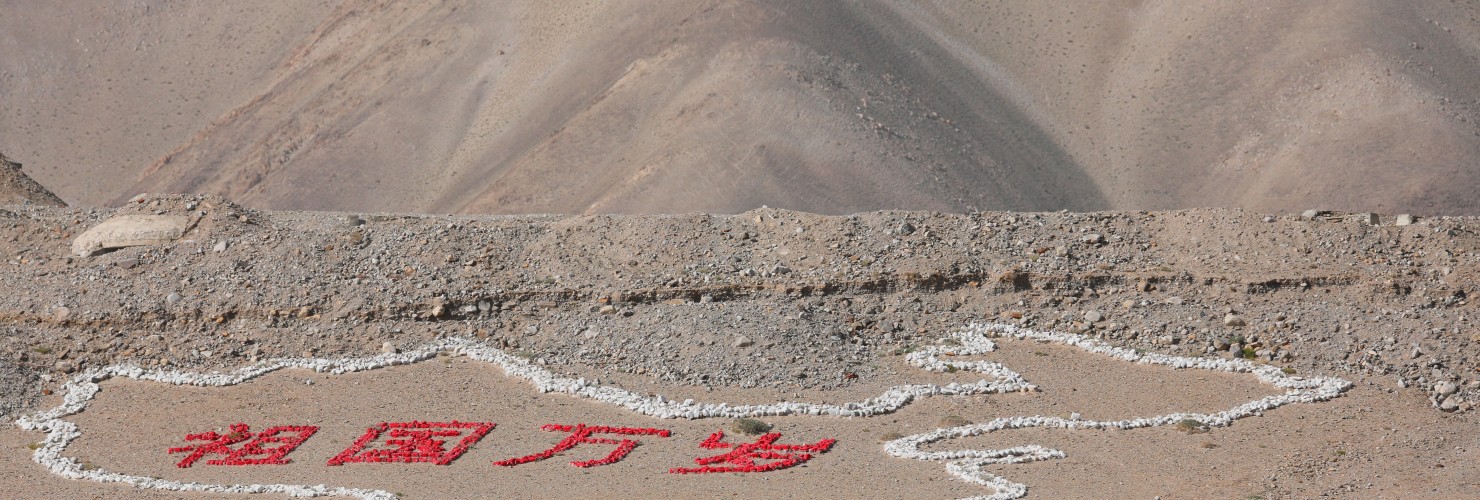

Reports about Tibet, muddy Xinjiang propaganda blitz
The facts: China’s State Council on September 17 published “Employment and Labor Rights in Xinjiang”, a white paper highlighting the positive labor-market developments in Xinjiang province. The document lauded the government’s proactive employment policies. They “respect workers job preferences” and are “fully in line with International Labor and Human Rights Standards”. The statements stand in stark contrast to numerous reports over the past year about forced re-education and forced labor in Xinjiang – and to new reports these policies are also being implemented in Tibet.
In response to human rights violations, the US Congress on September 23 passed the Uyghur Forced Labor Prevention Act. It expanded import restrictions and previous sanctions against the Xinjiang Production and Construction Corps (XPCC), a state-military conglomerate and a key producer of cotton and tomatoes, as well as high-ranking officials in the region. After other foreign companies made similar moves, Swedish retailer H&M cut its ties to garment producers in Xinjiang.
What to watch: The white paper is part of a broader propaganda blitz carried out by Chinese state media in recent weeks. The campaign includes the documentary “Lies and truth: vocational edu-cation and training in Xinjiang” and an eight-part series called “Rare look into Xinjiang”. For its part, the Chinese government has repeated its offer to EU leaders to “see the real situation in Xinjiang”. EU officials have so far declined to take part in what they say are highly choreographed delegations.
MERICS analysis: “China is feeling the reputational fallout and the real economic cost of its repressive policies in border regions like Xinjiang,” says MERICS expert Katja Drinhausen. “But the white paper does not address international concerns and the Chinese government shows no intention of changing course. Rather, it appears to argue that in the grand scheme of economic growth and – voluntary or involuntary – job opportunities, concerns about individual civil rights are out of place.”
Media coverage and sources:
- China Daily: English translation of the White Paper
- The Guardian: China's white paper on forced labor suggests unease at western pressure
- South China Morning post: China invites EU leaders to ‘see real situation in Xinjiang’
- Reuters: China sharply expands mass labor program in Tibet
- Guardian: China has built 380 internment camps in Xinjiang, study finds
This short analysis first appeared in the September 24 issue of MERICS China Briefing.